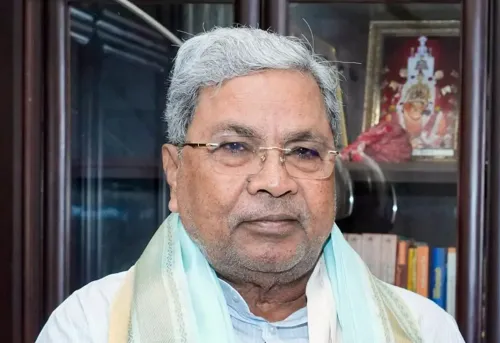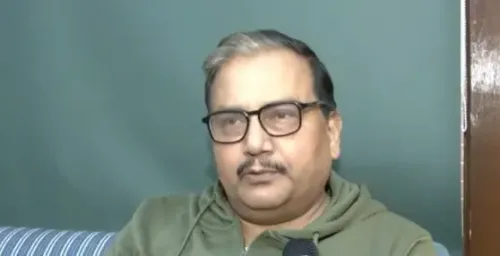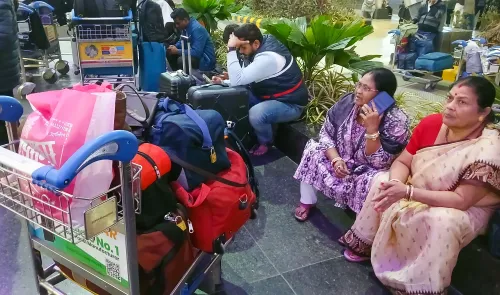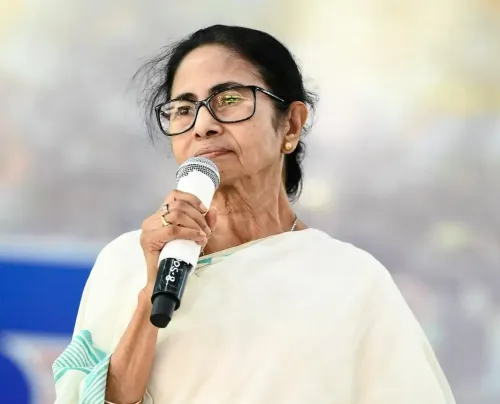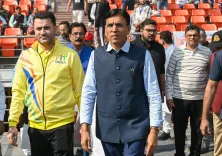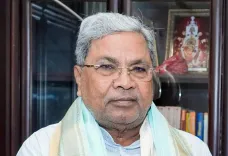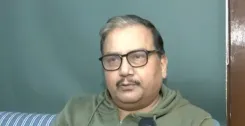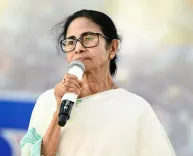Shashi Tharoor Unveils BA (Honours) in Philosophy, Politics & Economics at JGU
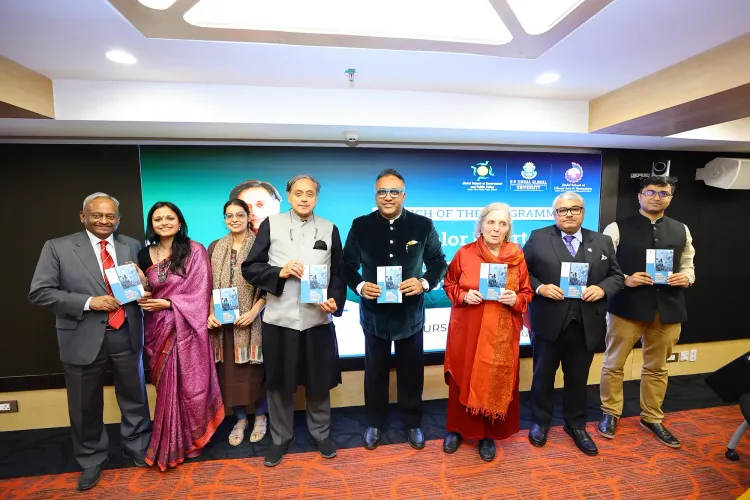
New Delhi, Dec 9 (NationPress) Shashi Tharoor, Member of Parliament, Lok Sabha, expressed that the Philosophy, Politics & Economics programme at O.P. Jindal Global University aims to infuse vitality and energy into a course offering rigorous and comprehensive education in the humanities, acting as a launchpad for a variety of professions, including journalism, politics, entrepreneurship, civic activism, academia, and law, where the products of PPE have made a significant impact globally, often leading to positive changes.
Tharoor made these remarks at the inauguration of the four-year Bachelor of Arts (Hons) in Philosophy, Politics & Economics (PPE), set to commence in August 2025 at O.P. Jindal Global University (JGU).
The writer and former international diplomat, who has served as a Member of Parliament, Lok Sabha from Thiruvananthapuram, Kerala since 2009, and authored 18 bestsellers, praised JGU for swiftly establishing itself as one of India's premier institutions with a remarkable array of programmes across diverse fields.
"In today's world, I contend that a course like PPE is more essential than ever, as our global landscape increasingly seeks dynamic young individuals who are not only scientifically, technologically, and entrepreneurially adept but also open-minded, compassionate, knowledgeable, skilled in interpersonal relations, and dedicated to humanist values. The term 'humanities' originates from the Latin word Humanitas, dating back to the first century BCE, symbolizing a blend of culture, education, refinement, and the qualities of human excellence. Even centuries later, humanities continue to fulfill the vital role of humanizing our society. This discipline is particularly crucial today, in an era plagued by xenophobia, jingoism, inter-communal and racial hostilities, expansionist conflicts, and genocide. This field of study must work to restore the decline of humanist principles, without which democracy, liberal constitutionalism, and the rule of law lack substance.
“Students of PPE can emerge as public-spirited and patriotic citizens who, as visionary leaders of tomorrow, will harness their imaginative thinking, humanistic beliefs, and innovative capacity to not only reconcile the divide between a strict interpretation of science and technology and an overly idealistic view of the humanities but also assist in addressing some of our nation’s and the world's most critical challenges.”
The PPE programme was initiated in Great Britain during the 1920s to prepare students for public service and cultivate intellectual skills beneficial to society. It integrates various disciplines to foster analytical and critical thinking among students and future professionals. However, in the century since its inception, the world has undergone dramatic changes—from two world wars and the Cold War to multi-polarization, the technological revolution, and widespread social transformations. As we enter yet another era defined by the digital landscape and Artificial Intelligence, it is crucial for the PPE programme to be both multi-disciplinary and inter-disciplinary, promoting a more nuanced comprehension of the global landscape.
Professor (Dr.) C. Raj Kumar, Founding Vice Chancellor of O.P. Jindal Global University, welcomed the esteemed author, public intellectual, politician, and former international diplomat, stating: "We are increasingly confronted with a polarized world. By merging politics and philosophy with economics, we can foster a more humanistic approach to understanding economic issues, enabling institutions to better study economics. It is imperative for young individuals to grasp complexity, particularly in global politics, conflict resolution, and nuanced understanding, while engaging in respectful disagreements around challenging topics. Integrating this aspect into the academic framework of the course is vital. The Jindal School of Government and Public Policy and the Jindal School of Liberal Arts and Humanities have collaborated because a sophisticated and less dogmatic approach to economics is essential when combined with politics and philosophy.
Professor Kathleen A. Modrowski, Dean of the Jindal School of Liberal Arts & Humanities, remarked, “Our pedagogical strategy for understanding PPE avoids presenting students with a limited theoretical framework. In an uncertain future, how will we conceive new solutions and identify existing problems through outdated paradigms? Our strategy will emphasize experiential education and collaborative learning, where students and mentors engage in dialogue. Another significant aspect involves connecting students with community members to generate new knowledge. A critical component of the PPE programme will focus on immersing students in the field, allowing them to view lived experiences through the perspectives of those affected, who can articulate and interpret their own challenges. Cultivating empathy with community members, decision-makers, and other stakeholders is essential for a thorough analysis of any issue. Internships play a crucial role in problem-solving, and opportunities for research and international exchanges will further enrich the students’ learning experiences.”
Professor R. Sudarshan, Dean of the Jindal School of Government & Public Policy at O.P. Jindal Global University, introduced the programme, stating: "Philosophy, Politics, and Economics are fundamental subjects within the humanities. Philosophy emphasizes values, critical thinking, and inquiry. The PPE programme incorporates philosophy to encourage critical evaluation of knowledge acquired in other disciplines. Our aim is to enable young individuals to make informed decisions consciously and competently. Historically, the PPE discipline has motivated youth to engage in politics! Participation in politics does not necessarily entail election to a legislature but requires active engagement in public life. This motivation arises from our environment and fellow human beings. PPE students gain foundational knowledge in logic, reasoning, ethics, moral philosophy, and critical thinking. The programme promotes continuous engagement, learning, and evaluation, empowering students to grow and develop.
Professor Dabiru Sridhar Patnaik, Registrar of O.P. Jindal Global University, offered the concluding remarks.


